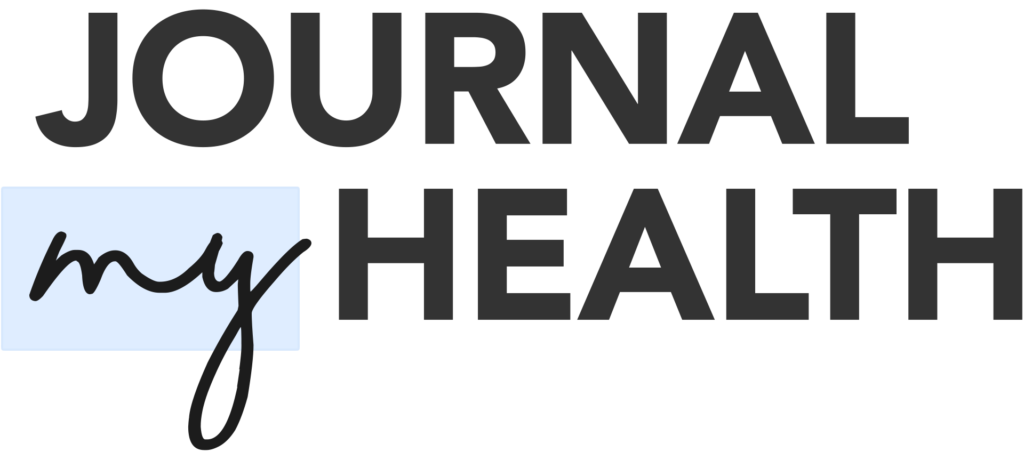In recent years, the healthcare landscape has seen a growing emphasis on listening to the patient’s voice, and nowhere is this more impactful than in women’s health. Patient-reported outcomes (PROs) are emerging as a powerful tool, offering direct insights from women about their symptoms, experiences, and quality of life—insights that traditional clinical assessments often overlook.
One of the most compelling examples of PROs in action comes from postpartum care. A 2023 study found that women considered patient-reported outcomes, particularly the Postpartum Care Bundle (PCB), both acceptable and useful for detecting symptoms and tailoring care up to six months after childbirth. This finding highlights how PROs can provide essential support during a critical period when women’s health needs are rapidly evolving and often complex.
Beyond individual care, PROs are making waves in clinical research and the overall quality of women’s healthcare. By collecting data directly from patients through validated surveys, researchers and clinicians gain a deeper understanding of treatment effectiveness, quality of life, and healthcare experiences. This wealth of information not only guides clinical decision-making but also shapes health policy, ensuring that care strategies are grounded in real-world patient experiences.
Addressing gender-specific health needs is another area where PROs shine. Research has shown that women with conditions like atherosclerotic cardiovascular disease (ASCVD) are more likely than men to report poorer patient experiences, lower health-related quality of life, and a less favorable perception of their health. PROs help bring these disparities to light, underscoring the importance of developing more responsive and tailored approaches to women’s care.
The breadth of issues covered by PROs is also remarkable. In postpartum care alone, they assess domains such as mental health, incontinence, pain with intercourse, breastfeeding experiences, and overall health-related quality of life. These are areas that, despite their significance, are often underreported or overlooked in standard clinical assessments. By systematically collecting this information, clinicians are better equipped to address concerns that truly matter to women.
Perhaps most importantly, the integration of PROs into women’s healthcare is ushering in a new era of patient-centered care. When women’s voices and experiences are placed at the heart of treatment planning and evaluation, care becomes more personalized and meaningful. This approach not only improves health outcomes but also fosters a sense of empowerment and partnership between women and their healthcare providers.
If we want to build a healthcare system that truly serves women, it’s time to put patient-reported outcomes at the forefront. Whether you’re a clinician, researcher, policymaker, or patient, you have a role to play in advocating for the integration of PROs in women’s health. Encourage your healthcare providers to use these tools, support research that prioritizes women’s voices, and demand policies that reflect real-life experiences. By championing PROs, we can drive meaningful change—ensuring that every woman’s health journey is heard, respected, and acted upon. Let’s work together to make women’s healthcare more responsive, equitable, and patient-centered than ever before.

